Wählen Sie aus verschiedenen Englisch Lehrkräften für ...
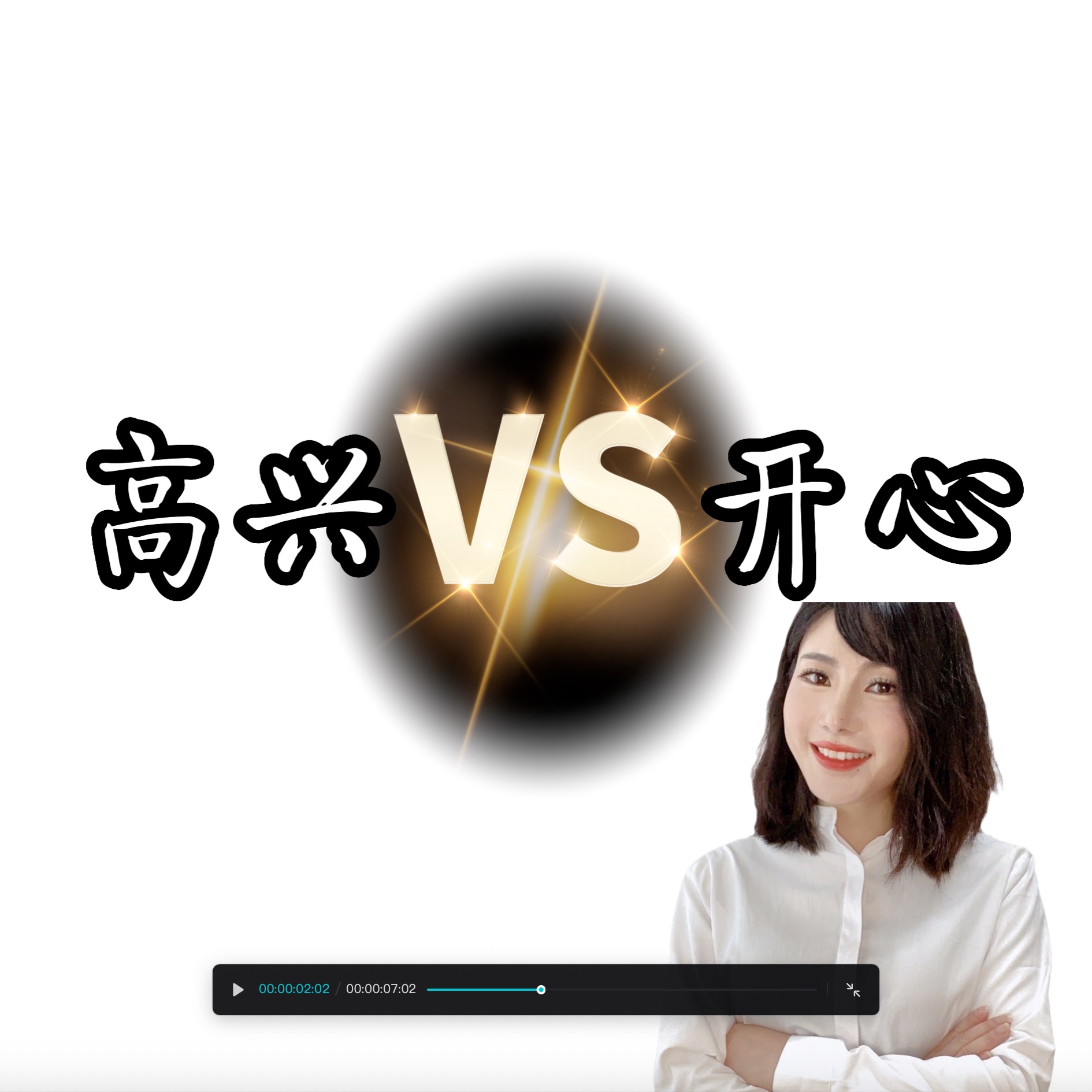
不 (bù) VS 没有 (méi yǒu)
Beschreibung
what is the difference between 不 and 没有?
不 (bù) and 没有 (méi yǒu) are both negation words in Chinese, but they are used in slightly different ways.
不 (bù) is an adverb that negates the verb or adjective that follows it. It is used to express "not" or "no."
For example:
我不喜欢吃苹果 (wǒ bù xǐ huān chī píng guǒ) - I don't like eating apples
他不是医生 (tā bù shì yī shēng) - He is not a doctor
没有 (méi yǒu) is used to negate the verb in the past tense or to express "not have." It is often used in combination with a verb in the past tense to indicate that something did not happen.
For example:
我没有吃早饭 (wǒ méi yǒu chī zǎo fàn) - I didn't eat breakfast
他没有去过北京 (tā méi yǒu qù guo běi jīng) - He has not been to Beijing
Podcast-Kanal
Difference between A and B in Chinese with Shanmei
Autor
Alle Episoden

Episode 5: In the Clothing Store - Giyim Mağazasından Giysi Alıyorum...

Phrases that mean the same thing

Bedside Italian #2 - Intro in Italiano
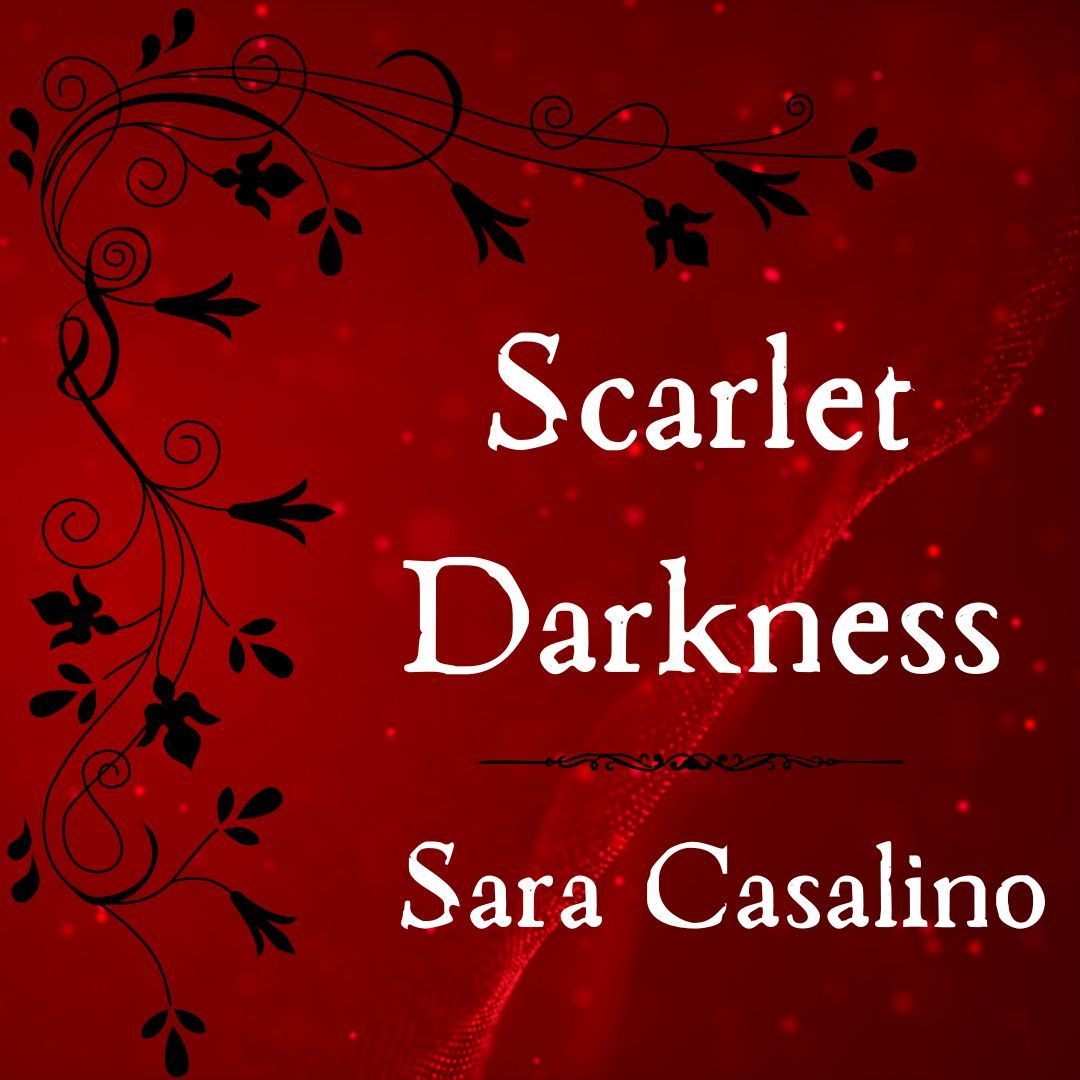
Scarlet Darkness- Chapter 2
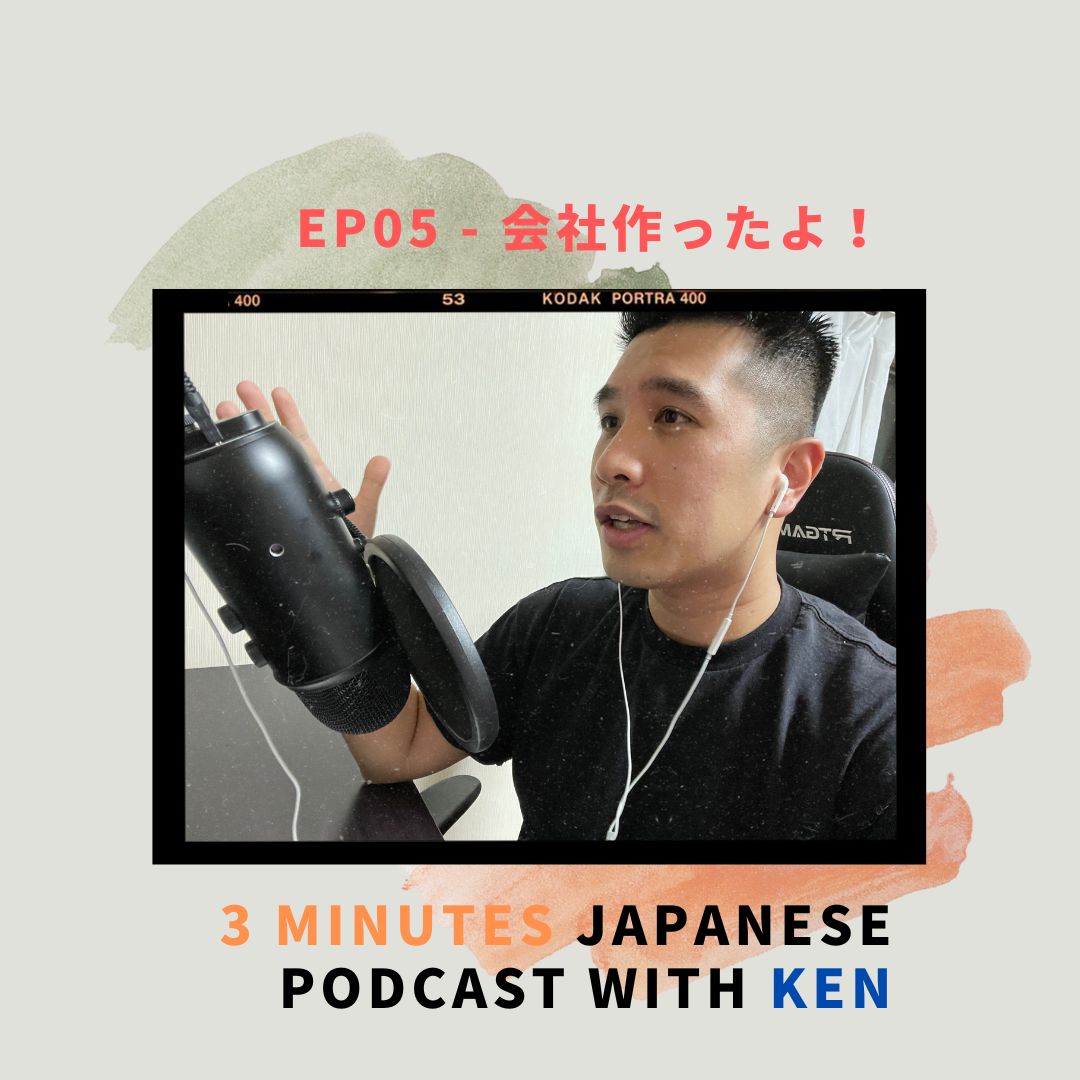
ep05 - 会社作ったよ!
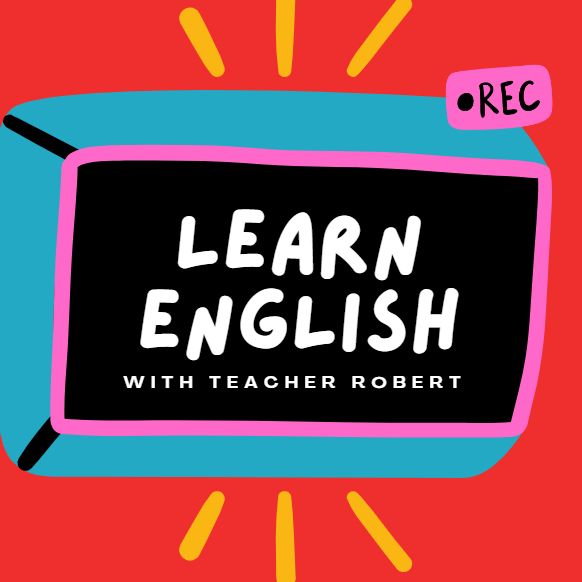
What motivates me to do a podcast (with transcript)

5 Tips for your IELTS Speaking
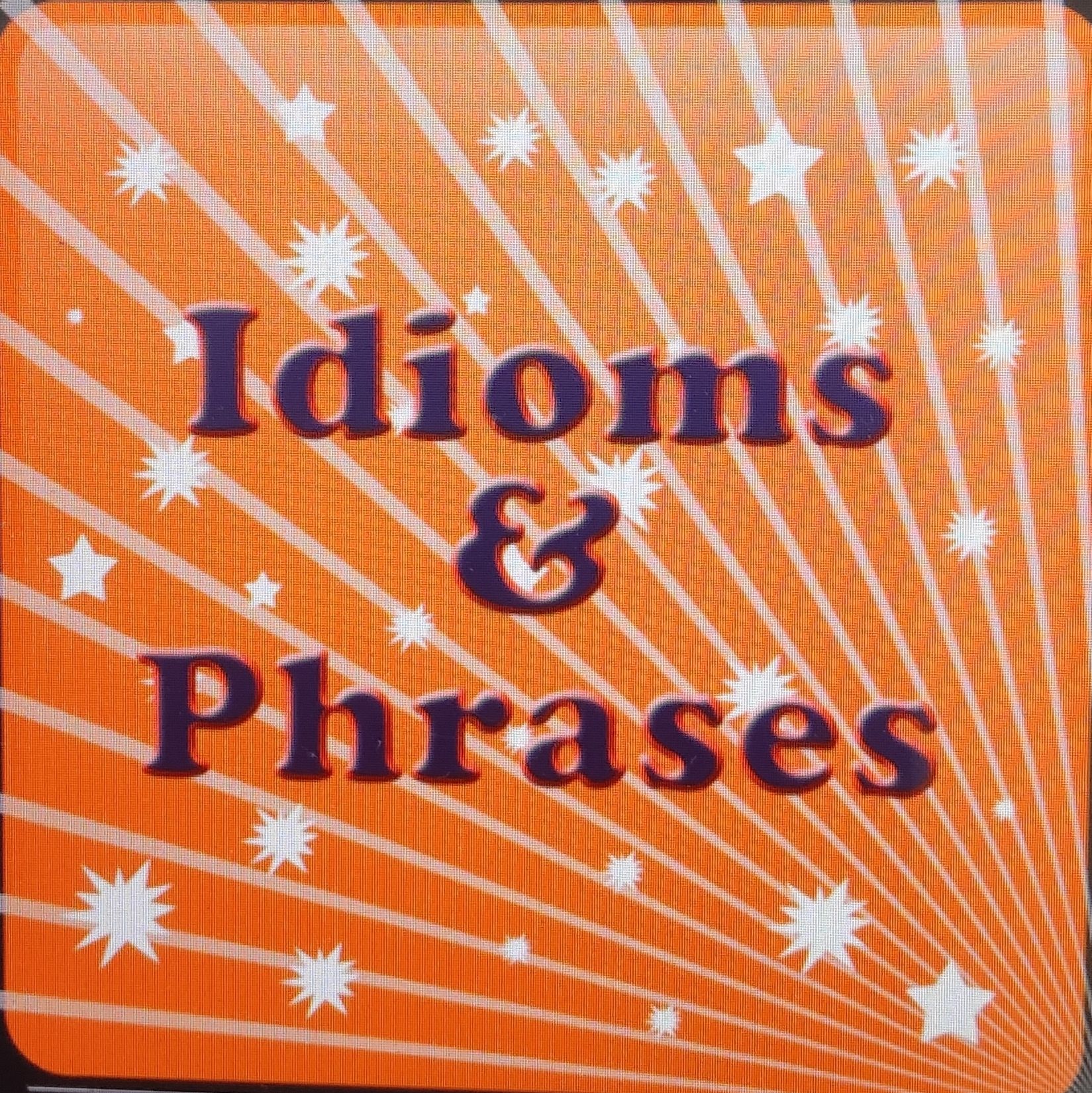
How to use“1.喝西北风;2.说得比唱得还好听;3.不定”
Beliebte Episoden

Turkish Conversations from Zero to Hero
Episode 5: In the Clothing Store - Giyim Mağazasından Giysi Alıyorum...

The Amplify English Podcast
Phrases that mean the same thing

Bedside Italian
Bedside Italian #2 - Intro in Italiano

Learn English with Stories
Scarlet Darkness- Chapter 2

3 Minutes Japanese Podcast with Ken
ep05 - 会社作ったよ!

Teacher Robert's Podcast
What motivates me to do a podcast (with transcript)

IELTS Speaking Practice
5 Tips for your IELTS Speaking

A Course in Chinese Colloquial Idioms
How to use“1.喝西北风;2.说得比唱得还好听;3.不定”